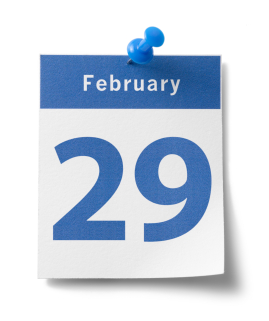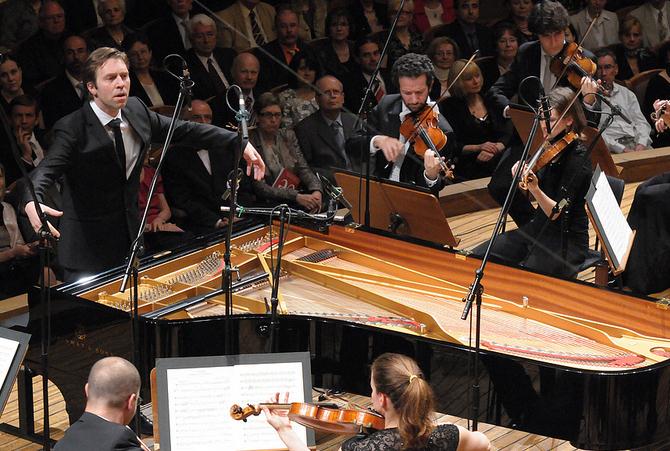
Brits: “As ever the pernickety details of modern coppering are minutely observed: Mercurio knows precisely how the police fill out forms to take possession of a lethal weapon.” — The Telegraph in its review of TV’s police drama Line of Duty.
Yanks: “Instead, Carson has turned into an entitled, persnickety bore, grumbling about the corners on his bed and refusing to drink wine because “somehow it feels disloyal” to Lord Grantham.” — Los Angeles Times in its latest Downton Abbey recap.
Oxford English Dictionary‘s definition of pernickety: “Placing too much emphasis on trivial or minor details; fussy”
Merriam-Webster‘s definition of persnickety: “Giving a lot of attention to details that are minor or not important”
Online Etymology Dictionary‘s explanation of both:
Pernickety: “1808 (pernicktie, in Jamieson), “precise, fastidious,” extended form of Scottish pernicky, of uncertain origin, perhaps somehow from particular.”
Persnickety: “1889, alteration of pernickety.”
* * *










